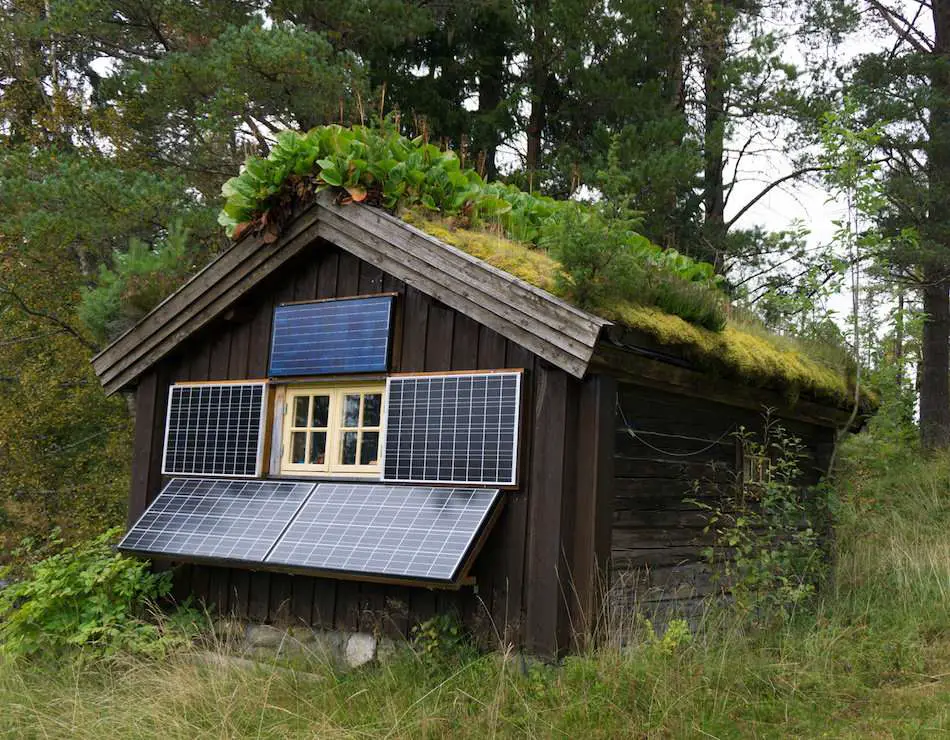When searching for land for off-grid living, there are several factors that you should consider beyond just the price. Usage restrictions, privacy, and security are important aspects to look into. Remote properties tend to be more advantageous for off-grid living, as they have fewer restrictions, lower costs per acre, and enhanced privacy and security. It’s also essential to ensure that the land has access to ample sunlight for solar energy generation and a reliable water source for daily needs and gardening. The presence of a diverse and abundant ecosystem is beneficial for foraging opportunities and wildlife. Fertile soil is crucial for sustainable food production. The local climate plays a significant role in determining the ease of off-grid living and the types of crops that can be grown. It’s essential to avoid areas prone to natural disasters and consider accessibility to freshwater sources. In terms of power generation, options include solar power, wind power, and hydroelectric power. It’s worth noting that some states offer tax credits, incentives, and rebates for off-grid systems, which can help lower costs. Ultimately, it is recommended to visit and spend time in a potential off-grid state before making a decision, as it allows you to get a better idea of the lifestyle and available properties.
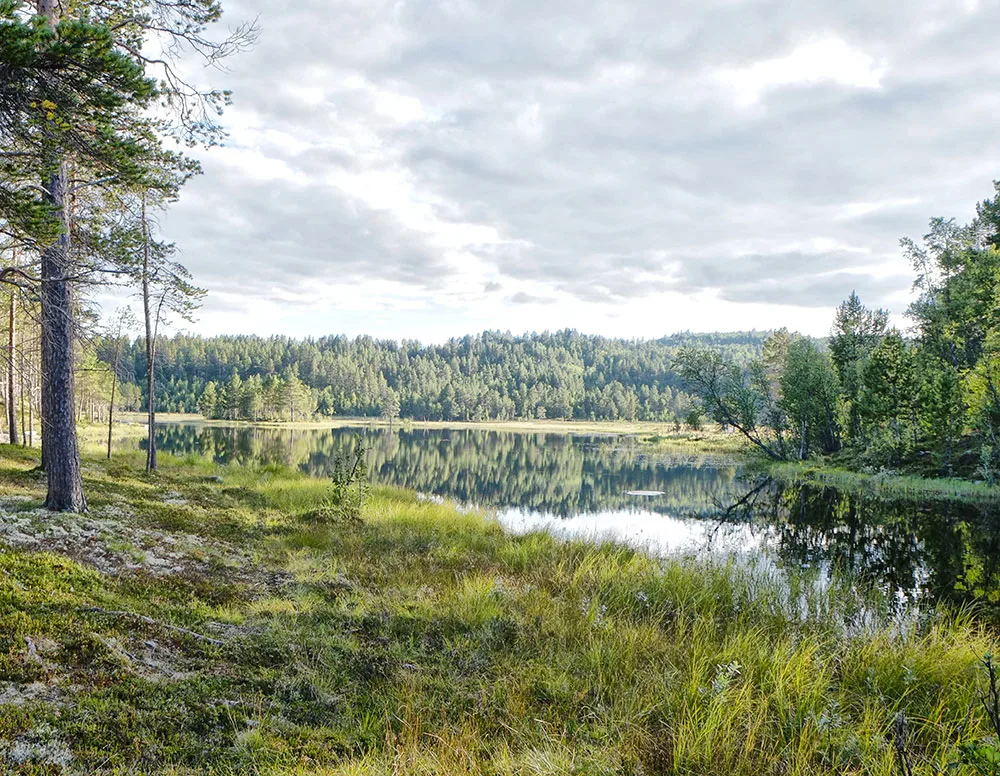
Usage Restrictions
Local regulations and zoning restrictions
When considering land for off-grid living, it is essential to be aware of local regulations and zoning restrictions. Each area may have specific rules and regulations that limit the ways in which you can use the land. For example, there may be restrictions on building structures or limitations on certain activities such as farming or hunting. It is important to research and understand these regulations before purchasing the land to avoid any conflicts or legal issues in the future.
Restrictions on land use
In addition to local regulations, there may also be specific restrictions on land use. This could include restrictions on what types of buildings you can construct, how much land you can clear for cultivation, or limitations on natural resource usage. It is important to understand these restrictions to ensure that the land you choose aligns with your off-grid living goals and objectives.
Building codes and permits
When it comes to constructing any buildings or structures on your off-grid property, building codes and permits will come into play. These regulations ensure that structures are built safely and adhere to certain standards. It is important to obtain the necessary permits and follow building codes to avoid problems and ensure the longevity and safety of your off-grid home.
Privacy and Security
Proximity to neighbors and public roads
One of the advantages of off-grid living is the increased privacy it offers. When searching for land, consider the proximity to neighbors and public roads. Remote properties that are further away from heavily populated areas and busy roads generally offer more privacy. Being away from prying eyes can enhance the sense of seclusion and peace that many off-grid enthusiasts seek.
Availability of natural barriers
Natural barriers such as hills, forests, or bodies of water can also contribute to privacy and security. These features can help create a buffer zone between your off-grid property and the outside world, limiting access and visibility. It is important to consider the presence of natural barriers when choosing a location for off-grid living.
Crime rates in the area
While off-grid living can provide a sense of security, it is still important to consider the crime rates in the area where you are considering purchasing land. Research the local crime statistics and get a sense of the safety of the surrounding area. It is also a good idea to establish connections with the local community and neighbors to enhance security and support in case of any emergencies.

Cost
Price per acre
When looking for land for off-grid living, cost is a significant factor to consider. Remote properties are often more affordable per acre compared to properties in more developed and populated areas. Analyze the prices per acre of different locations and compare them to your budget to find a suitable option.
Additional costs for infrastructure development
Off-grid living often requires the development of infrastructure such as solar power systems, water storage and filtration, and waste management solutions. These additional costs should be taken into account when considering the overall cost of the land. Assess the feasibility and potential expenses of developing necessary infrastructure in relation to the property you are interested in.
Property taxes and maintenance expenses
In addition to the initial cost of purchasing the land, off-grid property owners should also consider ongoing expenses such as property taxes and maintenance costs. Research the property tax rates in the area where you are considering buying land and calculate how it fits into your budget. Additionally, consider the potential maintenance expenses for any infrastructure you develop on the property.
Sunlight and Solar Energy
Orientation of the land and sun exposure
Off-grid living often relies heavily on solar energy generation, making the orientation of the land and sun exposure critical considerations. Look for land that has optimal sun exposure for the majority of the day. Assess the direction the land faces and consider any potential obstructions like trees or structures that could cast shadows on solar panels.
Shade from trees and nearby structures
While trees and other structures can provide shade and help create a more pleasant environment, they can also interfere with solar energy generation. Evaluate the amount of shade cast by existing trees and structures on the land and consider whether they will impact your ability to generate solar power efficiently.
Solar potential assessment
It may be helpful to conduct a solar potential assessment of the land you are considering. This analysis can provide detailed information on the solar potential of the property, taking into account factors such as sun exposure, shade, and the efficiency of solar panels. By assessing the solar potential, you can make more informed decisions about the feasibility and effectiveness of relying on solar energy for off-grid living.
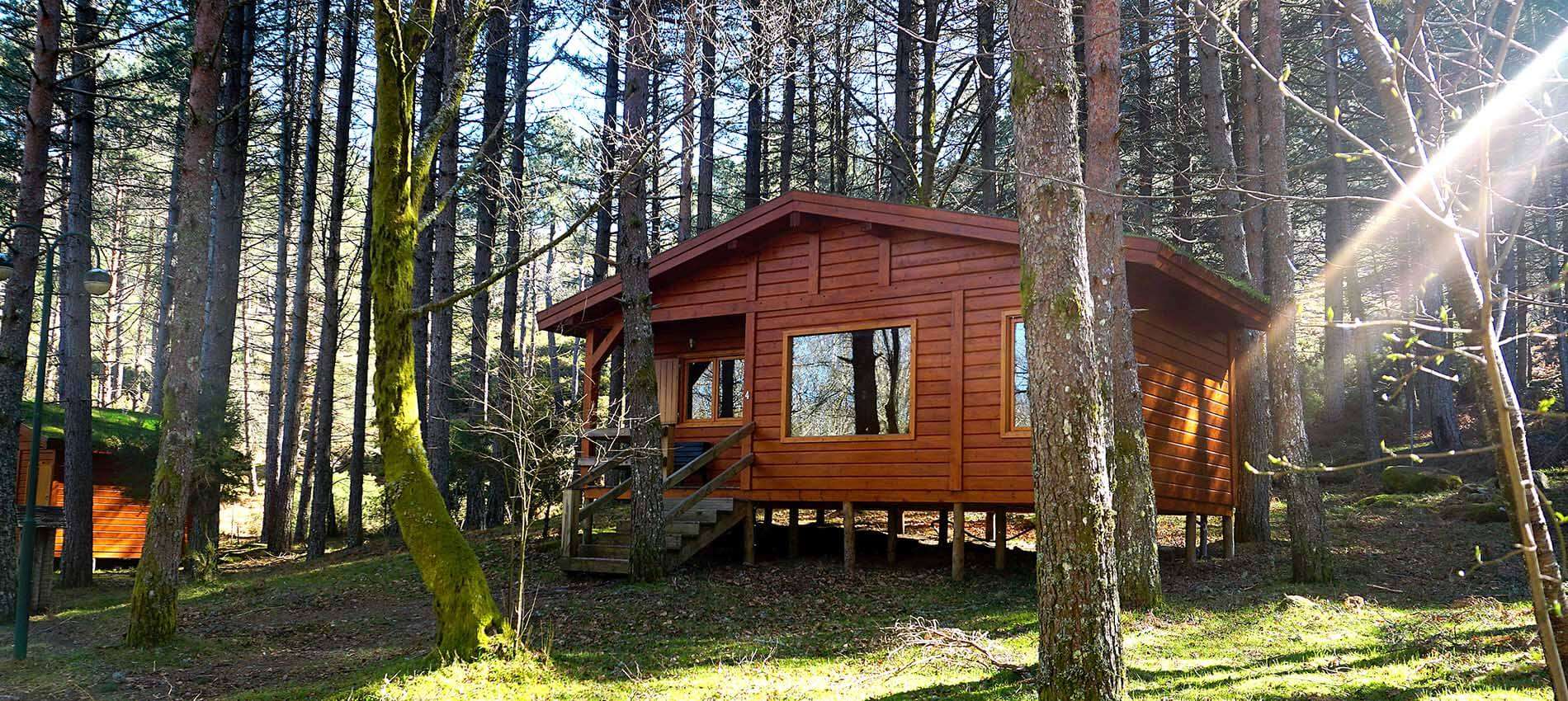
Water Source
Access to freshwater sources
Access to a reliable and clean water source is crucial for off-grid living. When evaluating potential land options, consider the availability of freshwater sources such as rivers, streams, or wells. Check the water rights and regulations in the area to ensure that you have legal access to the water source.
Quality and reliability of water
It is not enough to have access to water; the quality and reliability of the water source are equally important. Test the water quality to ensure that it is safe for drinking and meets your needs. Additionally, consider the reliability of the water source and whether it may be affected by drought or other natural factors in the long term.
Opportunities for rainwater collection and storage
To supplement your water needs, it is beneficial to explore opportunities for rainwater collection and storage. Evaluate the land’s topography and potential for harvesting rainwater through techniques such as the use of rain barrels or installing a rainwater catchment system. This can provide an additional source of water for off-grid living, especially during dry seasons.
Ecosystem and Wildlife
Diversity of plants and animals
Off-grid living often involves connecting with nature and enjoying the surrounding ecosystem. Look for land that boasts a diverse range of plants and animals. A rich and vibrant ecosystem allows for the exploration of nature, provides foraging opportunities, and enhances the overall off-grid living experience.
Opportunities for foraging and hunting
Foraging and hunting can be sustainable ways to supplement food sources while living off-grid. Consider the availability of edible plants, mushrooms, and game animals on the land you are considering. Research local regulations pertaining to foraging and hunting to ensure you can take advantage of these opportunities.
Preservation of natural habitats
When choosing land for off-grid living, it is important to consider the preservation of natural habitats. Look for areas that are untouched or minimally disturbed to ensure the long-term survival and sustainability of native plants and animals. Preserving natural habitats contributes to the overall health of the ecosystem and enhances the off-grid living experience.
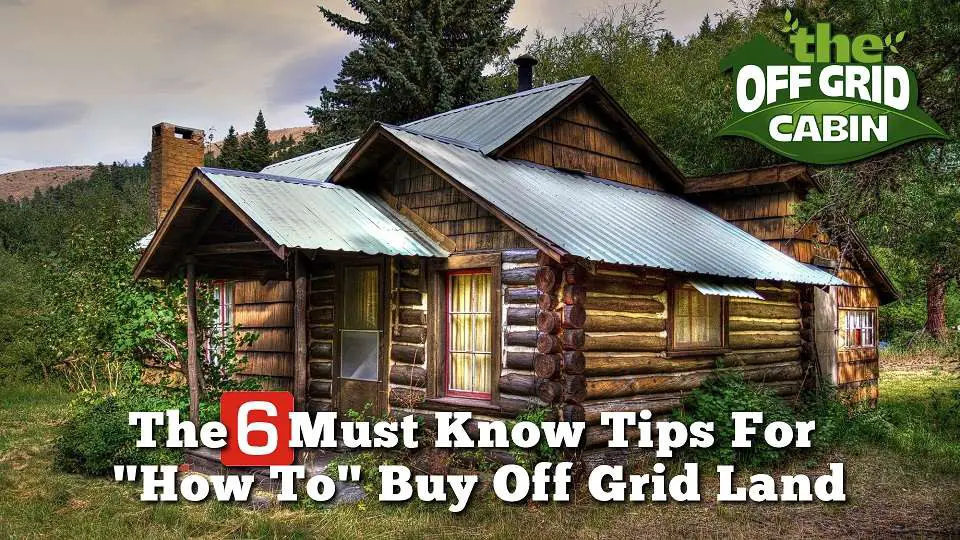
Soil Fertility
Quality of soil for gardening and food production
The quality of soil is crucial for successful gardening and food production while living off-grid. Assess the soil on the land you are considering and consider factors such as fertility, pH levels, drainage, and nutrient content. Test the soil or consult with experts to understand its suitability for growing your desired crops.
Opportunities for composting and soil enrichment
To maintain and improve soil fertility, opportunities for composting and soil enrichment are valuable. Consider whether the land allows for composting practices and the availability of organic matter for creating nutrient-rich soil. Having the ability to compost and enrich the soil will support the growth of healthy crops and sustainable food production.
Presence of contaminants or pollutants
Before committing to purchasing land for off-grid living, investigate the presence of contaminants or pollutants in the soil. Environmental assessments and soil tests can help identify any potential risks. It is essential to ensure that the land is free from harmful substances that could affect both the ecosystem and the food you grow.
Local Climate
Temperature ranges and extreme weather events
The local climate plays a significant role in off-grid living. Consider the temperature ranges throughout the year and whether they align with your comfort preferences. Additionally, research historical data on extreme weather events such as storms, hurricanes, or tornadoes to assess potential risks and determine the resilience of the land and structures to withstand such events.
Growing season length
The length of the growing season directly affects the ability to sustainably grow food. Evaluate the duration of the growing season in the area where you are considering purchasing land. A longer growing season provides more opportunities for growing a wider variety of crops and increasing self-sufficiency.
Suitability for specific crops
Different crops thrive in different climates. Consider the suitability of the local climate for the specific crops you intend to grow. Evaluate factors such as temperature, humidity, rainfall, and the presence of frost, as these can impact the success of your gardening efforts while living off-grid.
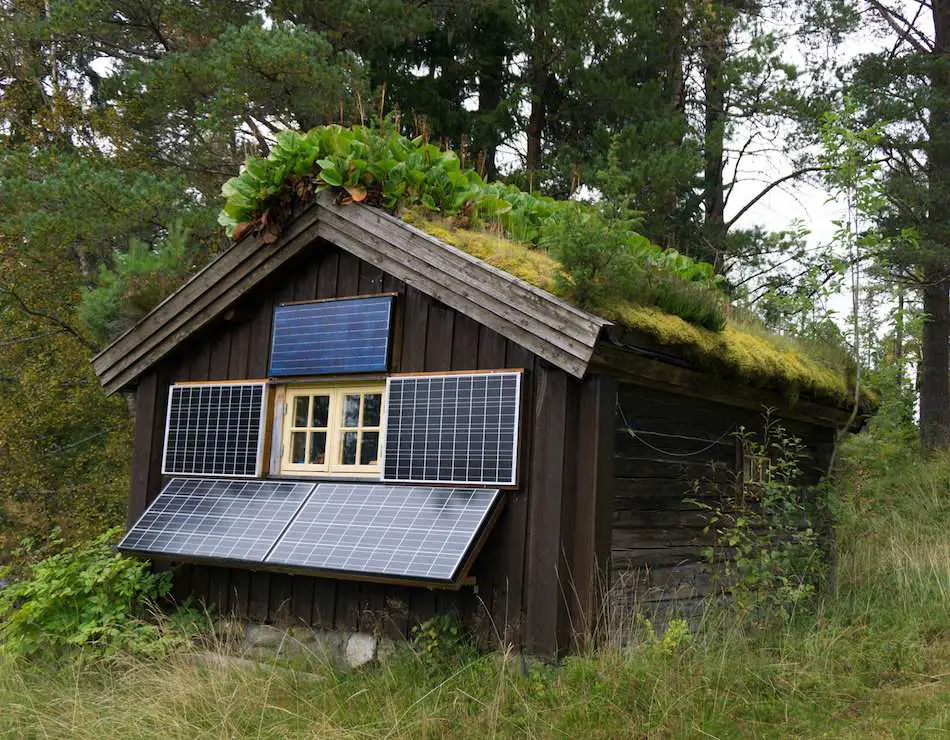
Natural Disasters
Likelihood of earthquakes, hurricanes, floods, etc.
Off-grid living requires careful consideration of the likelihood of natural disasters in the chosen location. Research the historical data on natural disasters such as earthquakes, hurricanes, floods, or wildfires in the area. Understanding the risks associated with the region will help you make informed decisions and take appropriate precautions to protect yourself and your property.
Historical data on natural disasters in the area
Gather historical data on natural disasters in the area to better understand the frequency and intensity of these events. This information will help you assess the potential impact of natural disasters on your off-grid living experience and enable you to plan accordingly.
Access to emergency services and evacuation routes
When evaluating potential off-grid locations, it is crucial to consider access to emergency services and evacuation routes. Determine the proximity of emergency services such as hospitals, fire stations, and police stations. Additionally, identify the available evacuation routes in case of any emergencies or natural disasters. Prioritizing safety and preparedness is essential for successful off-grid living.
Exploring Off-Grid States
Visiting potential off-grid locations
Considering the unique nuances and characteristics of each off-grid location, it is highly recommended to visit potential states before making a decision. Experiencing the environment firsthand allows you to assess whether it meets your expectations and preferences. Take the time to explore the local communities, lifestyle, and natural surroundings to have a holistic understanding of what living off-grid in that state entails.
Experiencing the lifestyle and community
Living off-grid goes beyond the physical attributes of the land; it also involves immersing oneself in the lifestyle and community. During visits to potential off-grid states, interact with local residents, attend community events, and engage in activities that align with your interests. This firsthand experience will give you valuable insight into the lifestyle and sense of community that each location offers.
Researching available properties and real estate market
While visiting potential off-grid states is crucial, conducting thorough research on available properties and the real estate market is equally important. Look for online listings, connect with local real estate agents, and explore different options within your budget. Gathering comprehensive information about the real estate market will aid in making an informed decision when choosing the perfect off-grid property.
By thoroughly considering factors such as usage restrictions, privacy and security, cost, sunlight and solar energy, water sources, ecosystems and wildlife, soil fertility, local climate, natural disasters, and exploring off-grid states, you can make a well-informed decision and find the ideal land for your off-grid living dreams. Remember to take your time, do your research, and prioritize the factors that matter most to you in order to create a fulfilling and sustainable off-grid lifestyle.

